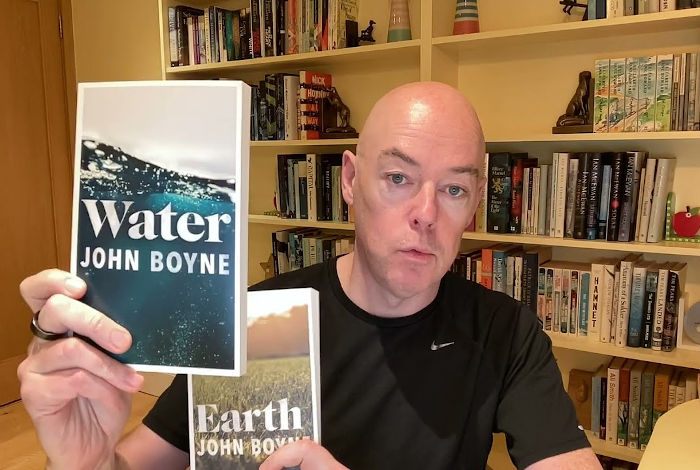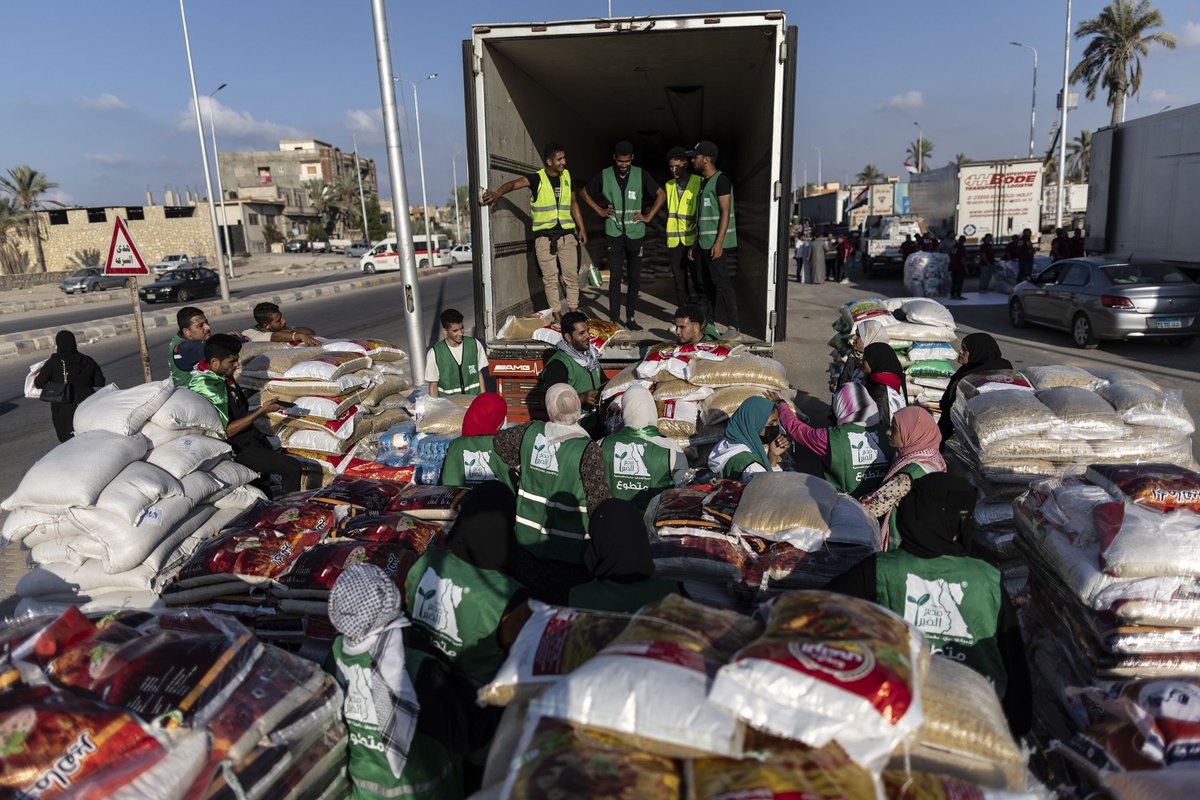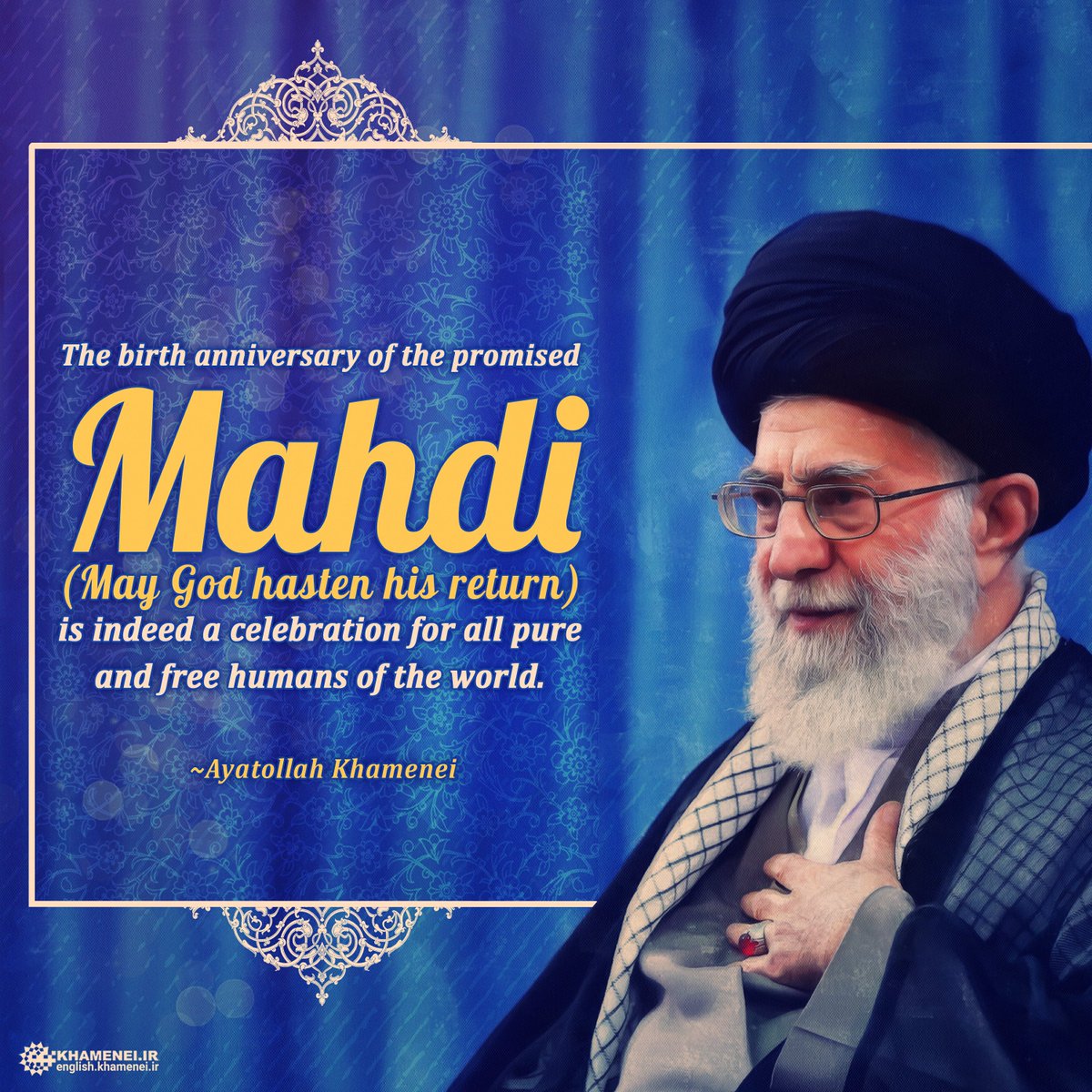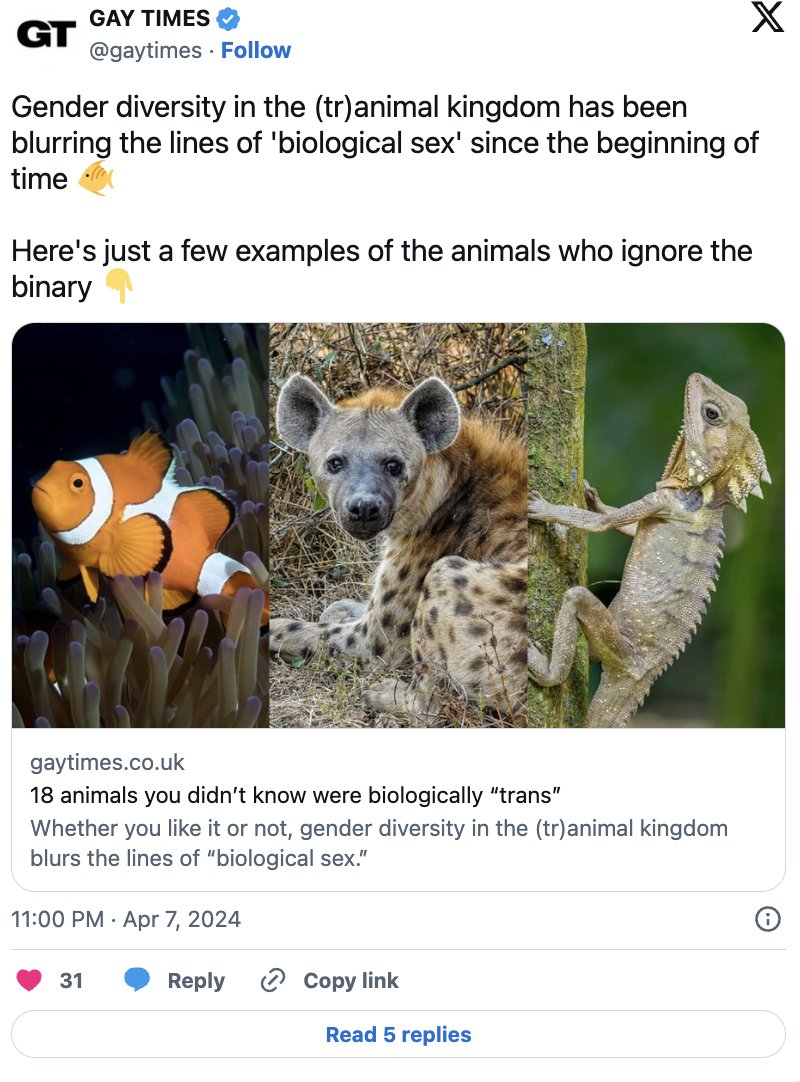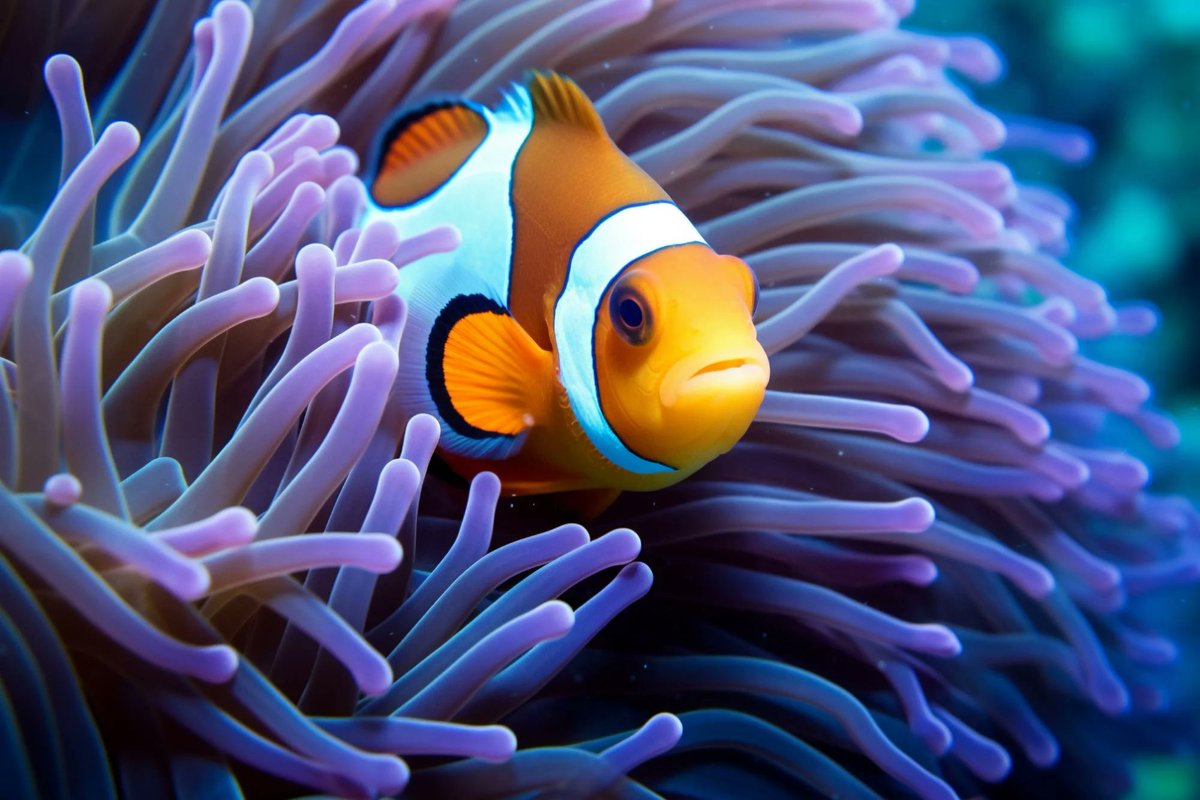A lively debate has unfolded in Quillette over how the West should think about China. D. Marshall and Aaron Sarin clash on whether US conservatives underestimate or misread Beijing’s power—and what that means for Taiwan and global security. 🧵
First, the contenders: D. Marshall is a writer, educator, and veteran observer of China. He’s lived in Taiwan, taught at Peking University, and published widely on communism and Chinese history. His essay: “Getting China Wrong” (July 2025).
quillette.com/2025/07/28/get…
quillette.com/2025/07/28/get…
.@aaron_sarin is a UK-based freelance writer focused on China and the CCP. He has written widely on repression, ideology, and geopolitics, and often reports on rising dissent inside China. quillette.com/2025/08/14/get…
Marshall argues that US conservatives misread China with “Potemkin Village” clichés—seeing it as either collapsing or Orwellian. He warns this ignorance could lead America into war without understanding China’s strengths or its own weaknesses.
He highlights China’s real assets: vast industrial capacity, dominance in rare earths, a world-leading drone industry, high-speed rail, and a patriotic citizenry. His warning: underestimate Beijing, and the US risks being crushed in a conflict.
Sarin agrees the West must “know its enemy”—but says Marshall slides into apologism. By admiring trains, order, and prosperity, Sarin argues, Marshall minimises repression, COVID brutality, and the CCP’s expansionist ambitions.
Sarin stresses Taiwan’s importance: an “unsinkable aircraft carrier” whose fall would let Beijing dominate the Pacific. It’s also home to TSMC, the global linchpin of AI chips. Losing Taiwan would be catastrophic for both geopolitics and technology.
For Sarin, Marshall misses the essence of deterrence. Taiwan’s self-defence levels may be uneven, but its fate isn’t about “bubble tea patriotism”—it’s about the balance of power and the global economy. Only a hard line can prevent disaster.
Marshall’s rejoinder, “Sarin Is Also Wrong on China” (Aug 2025), clarifies his stance. He denies excusing the CCP, noting that “moralistic” ≠ “moral.” His point: exaggerated caricatures of China actually help the regime by uniting Chinese opinion. quillette.com/2025/08/20/sar…
He acknowledges the need for Western rearmament and new alliances but urges “talk softly, carry a big stick.” Demonising China, he warns, alienates ordinary Chinese and risks locking both sides into a needless Cold War spiral.
In sum: Marshall argues for nuance, realism, and avoiding cocky militancy; Sarin insists deterrence and toughness are the only way to stop aggression. Both see China as dangerous—but disagree on whether the greater risk is underestimation or appeasement.
Who’s right—Marshall with his call for clear-eyed caution, or Sarin with his push for hard deterrence?
• • •
Missing some Tweet in this thread? You can try to
force a refresh



